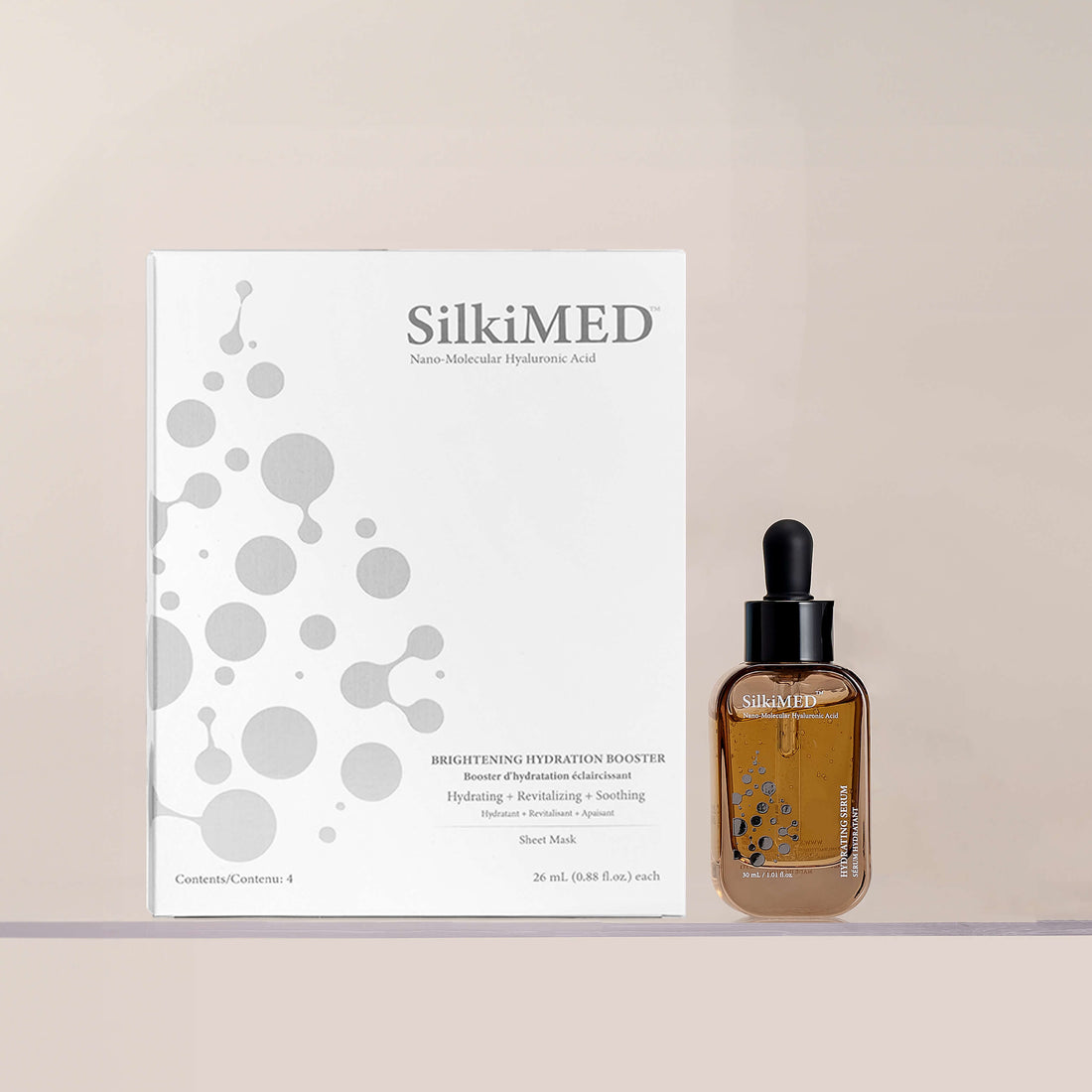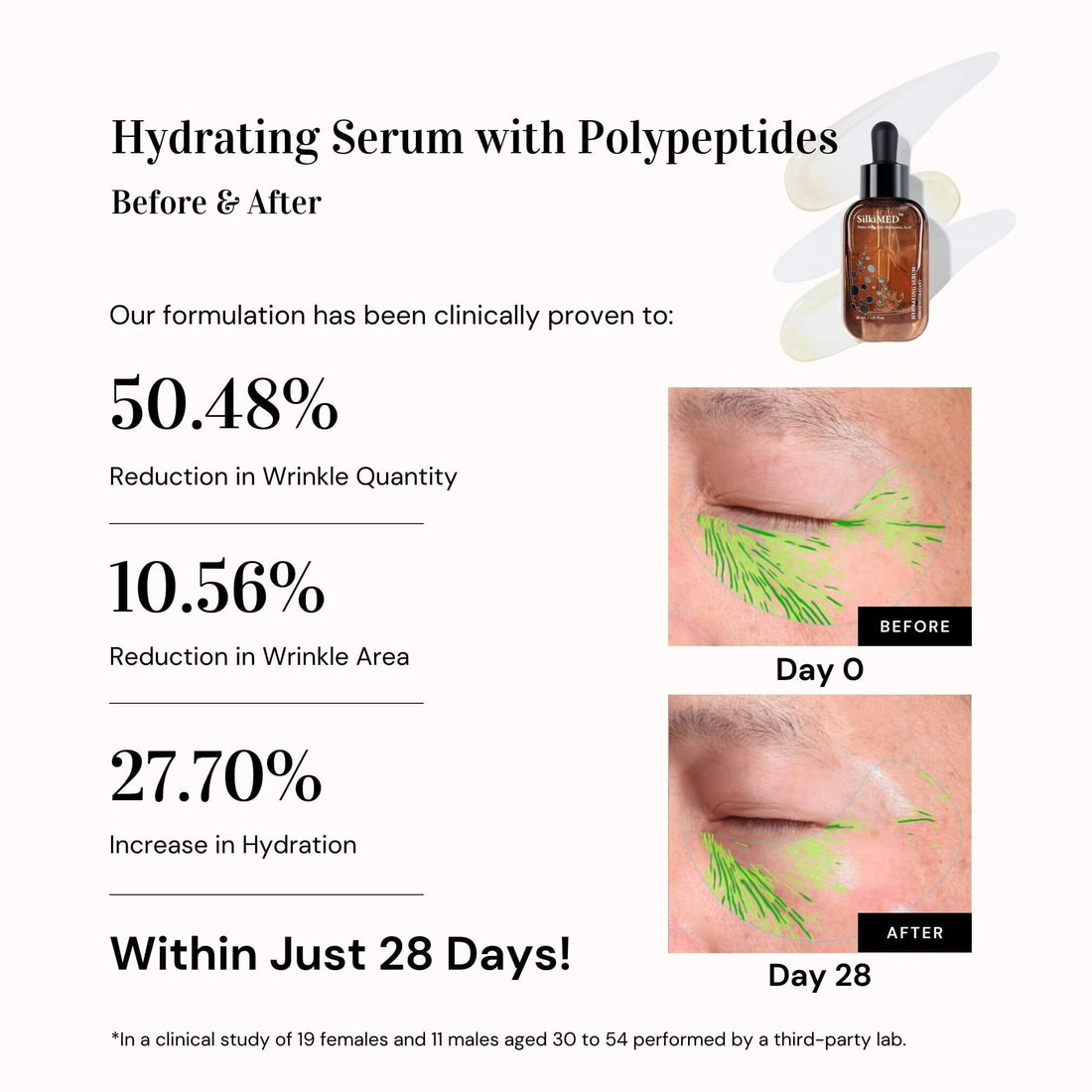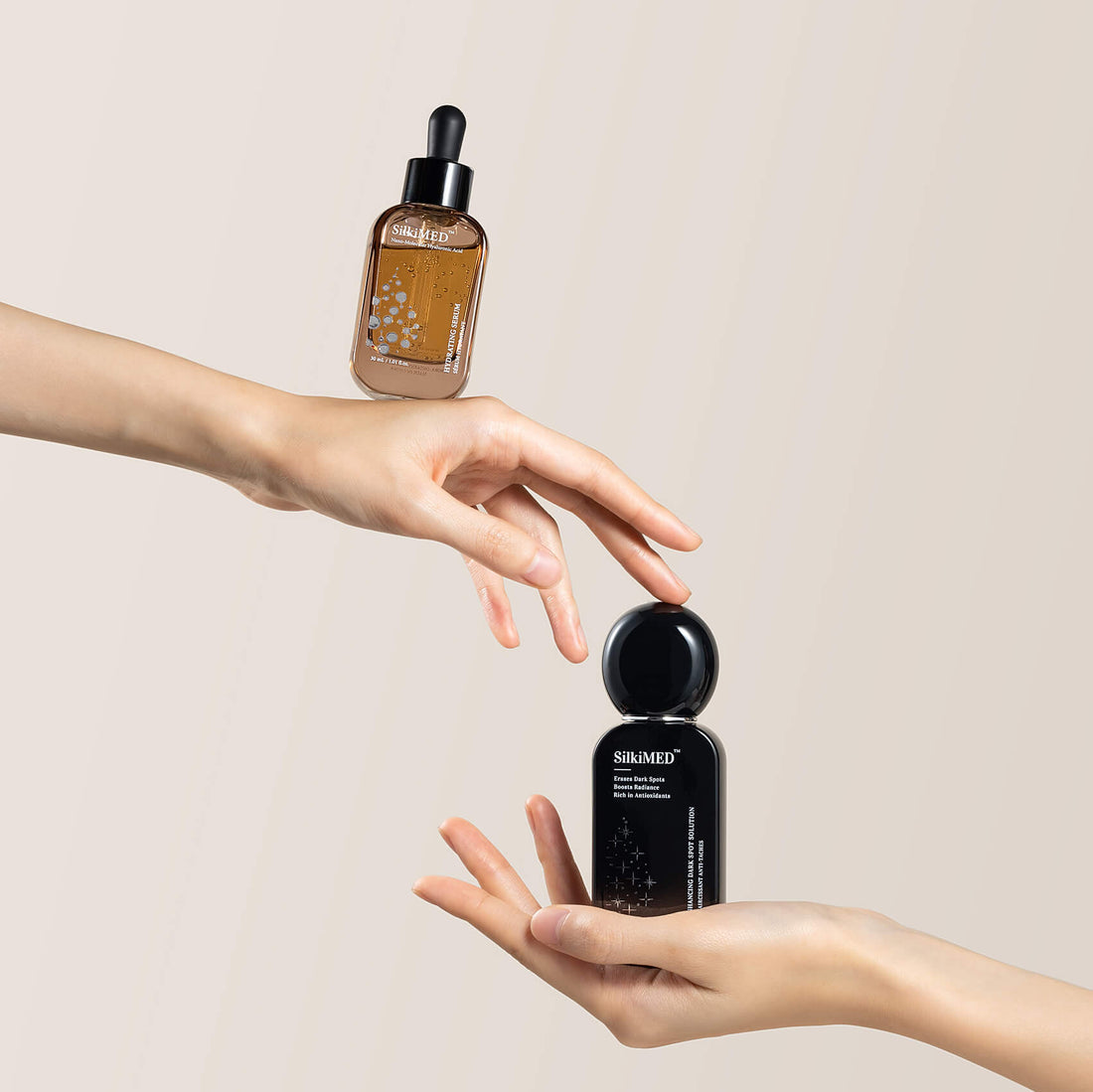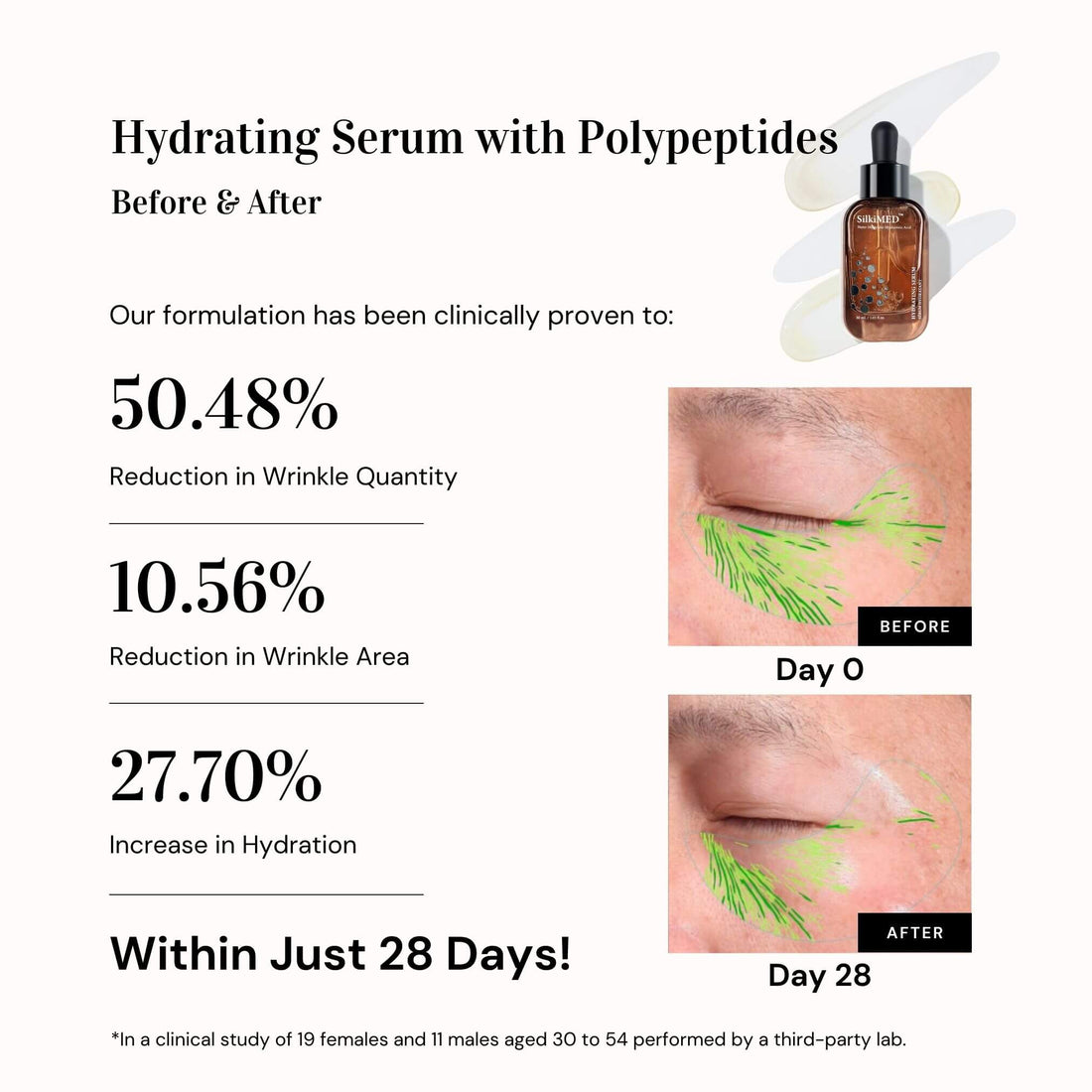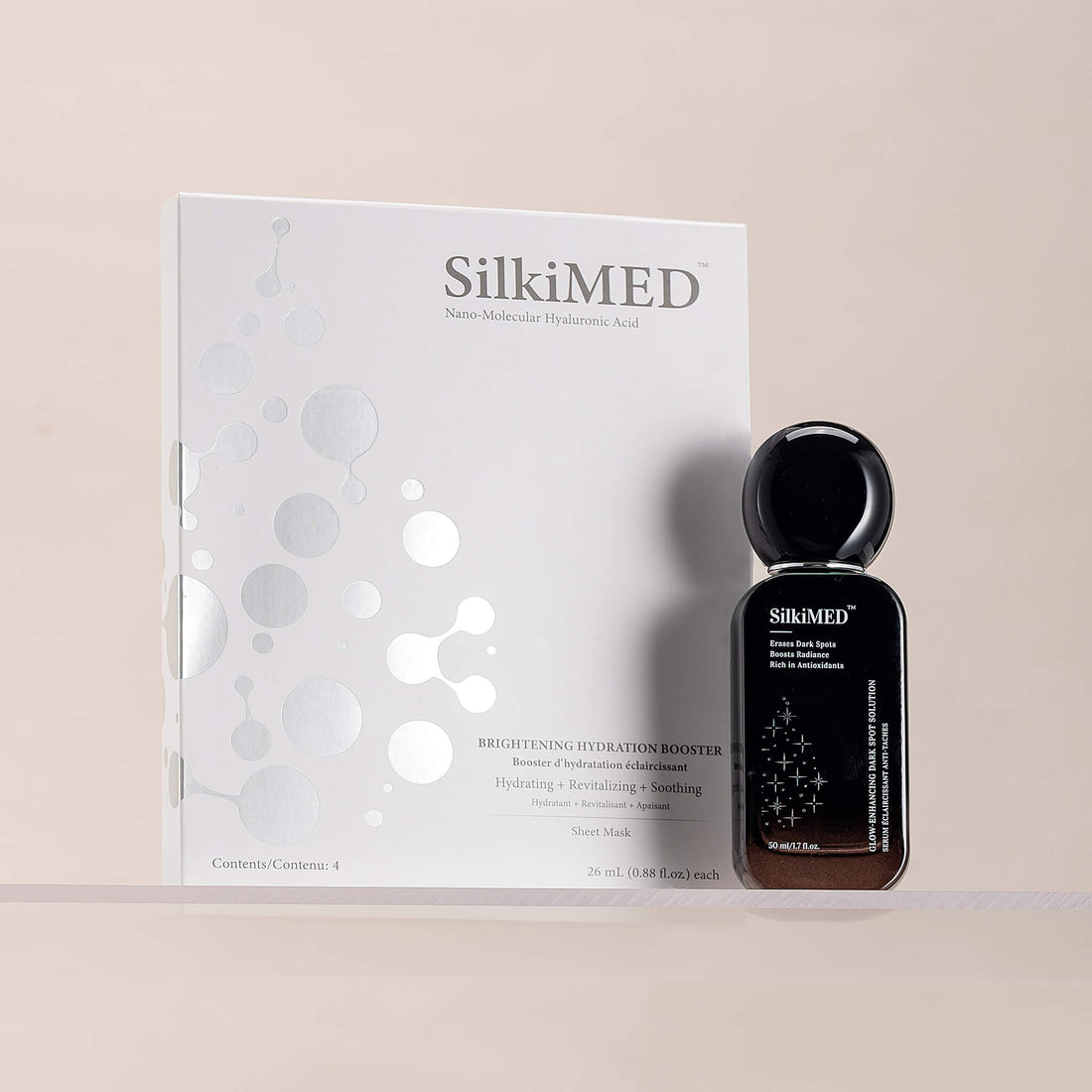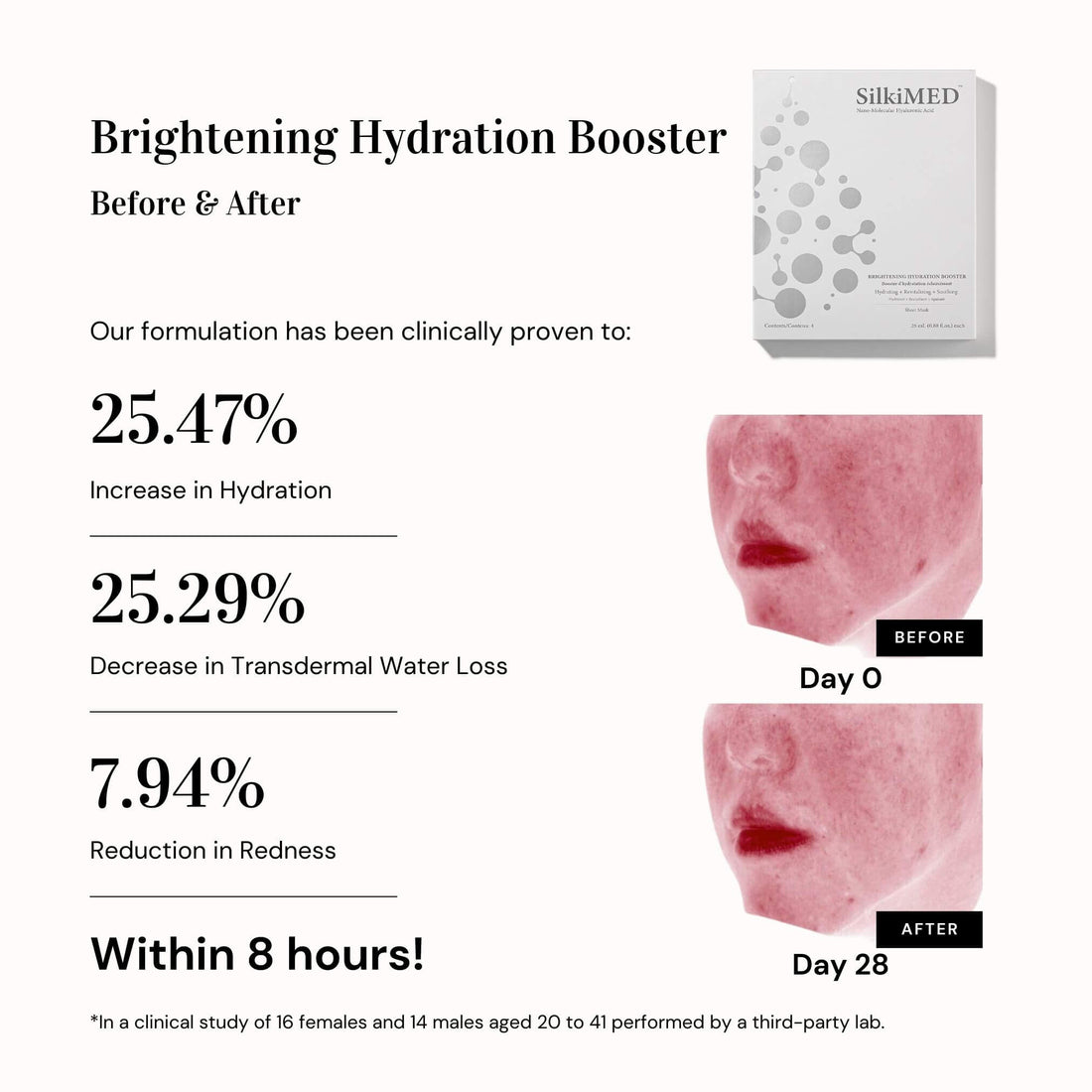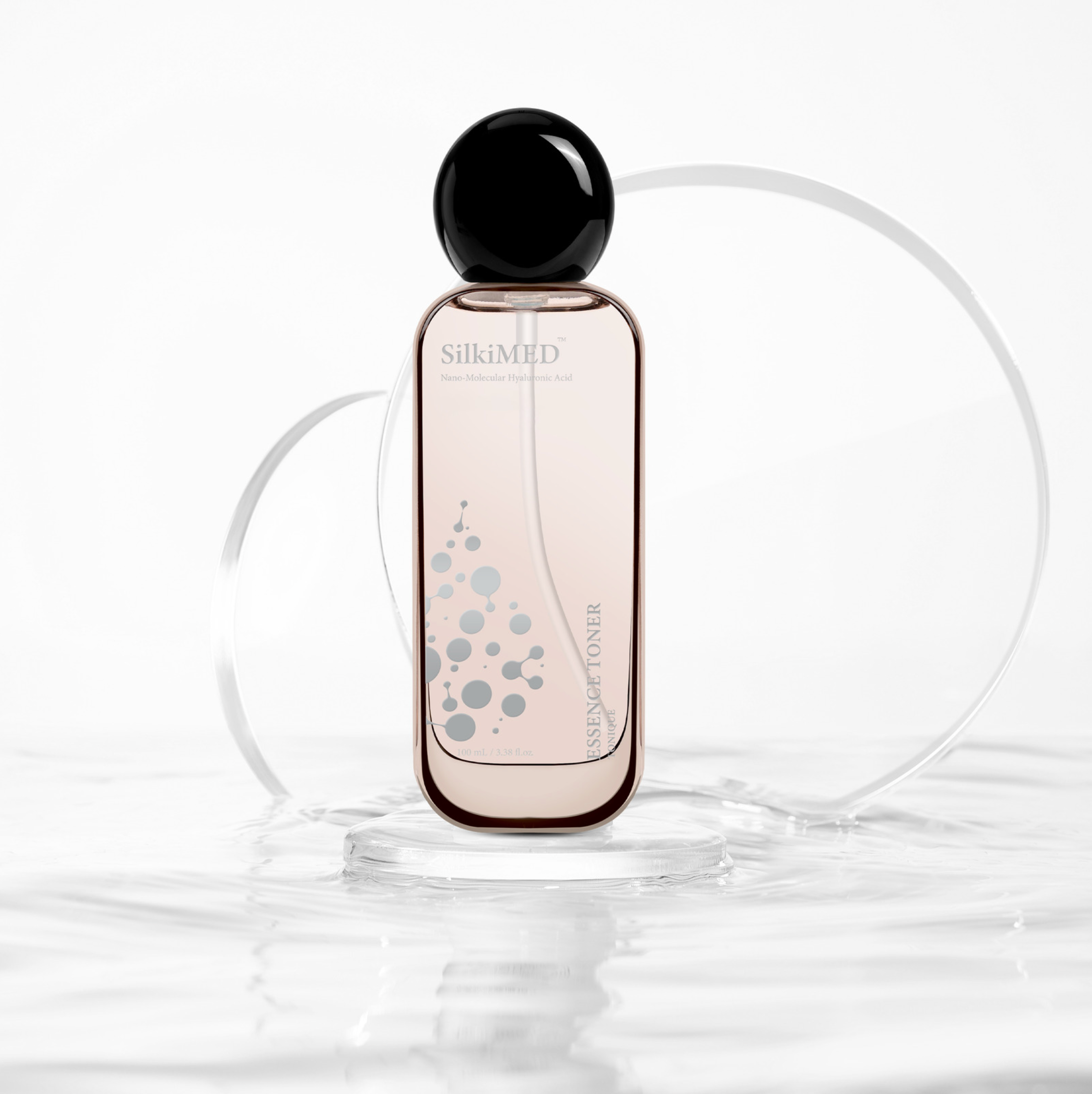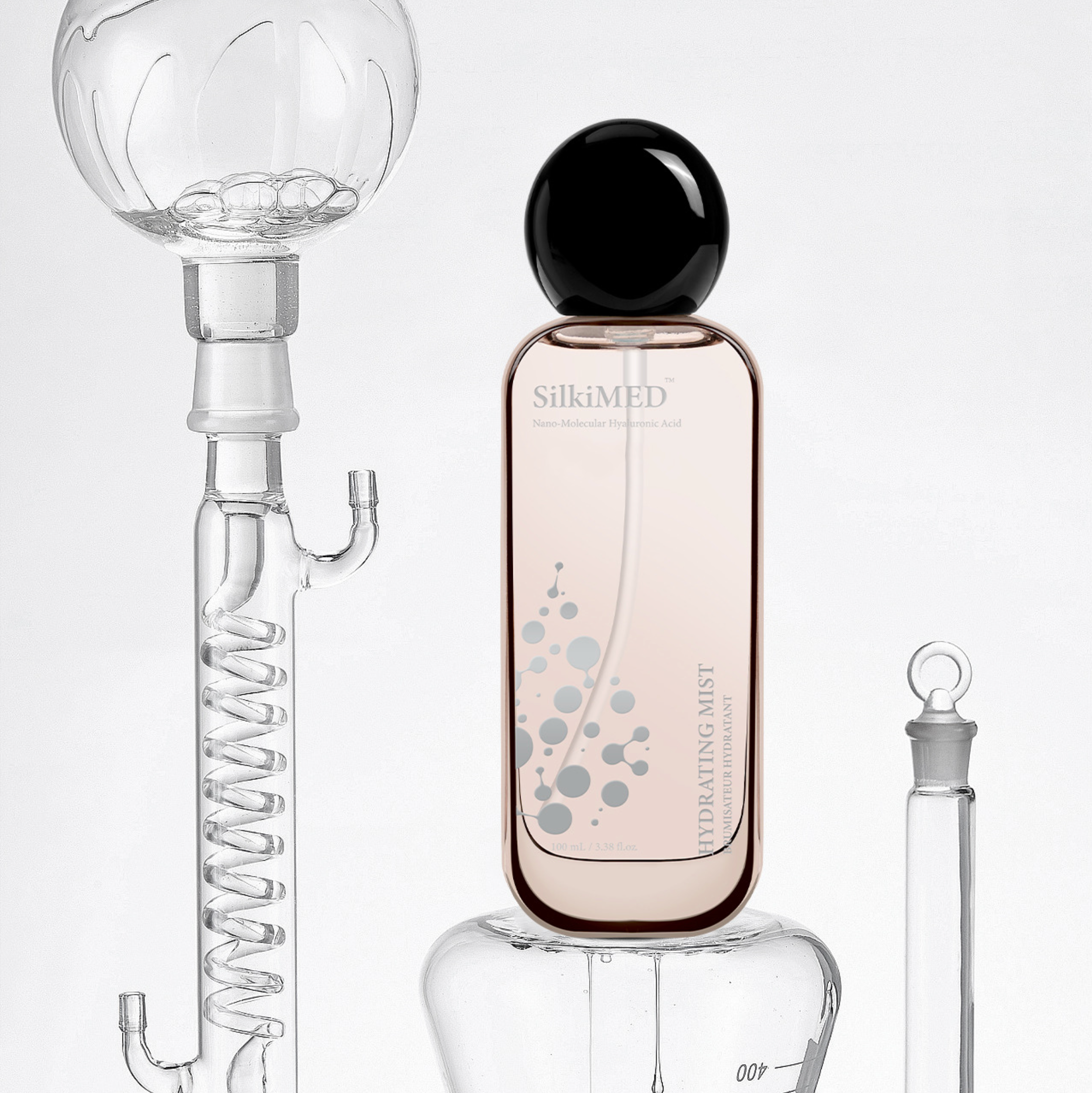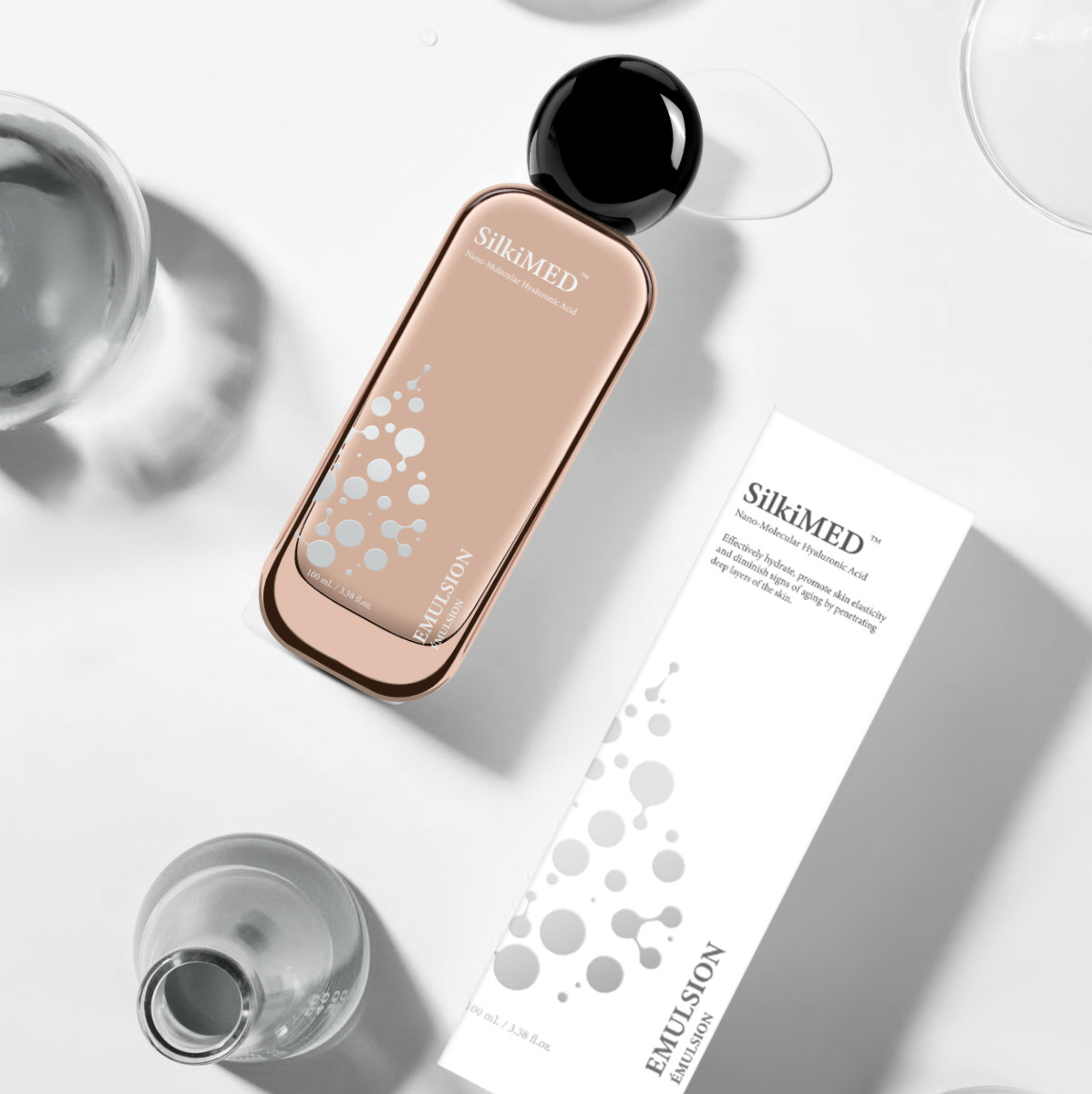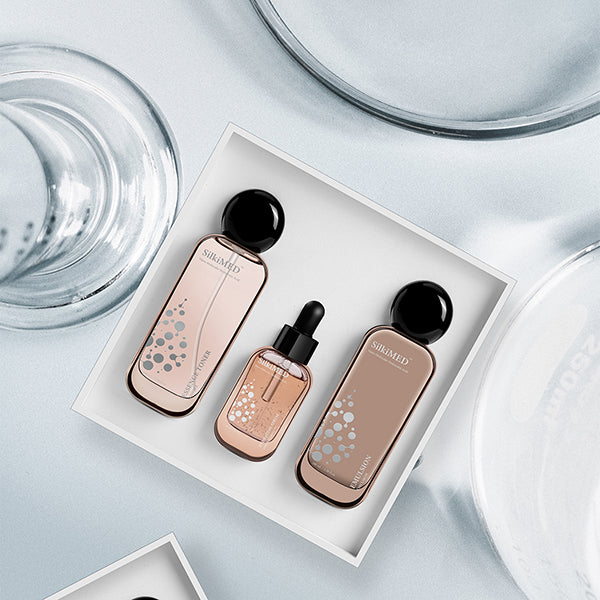8 products
-
Hydrating Serum with Polypeptides
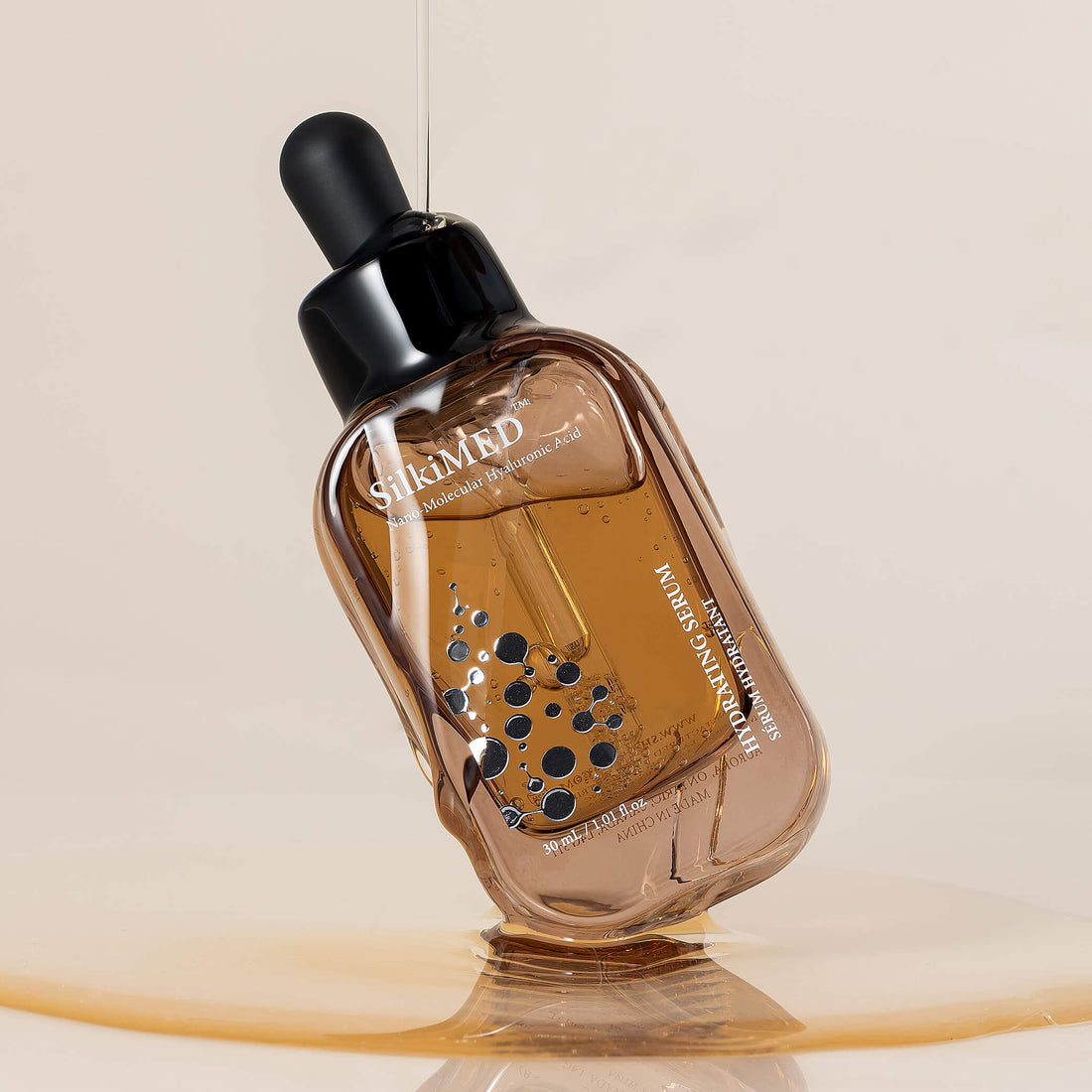
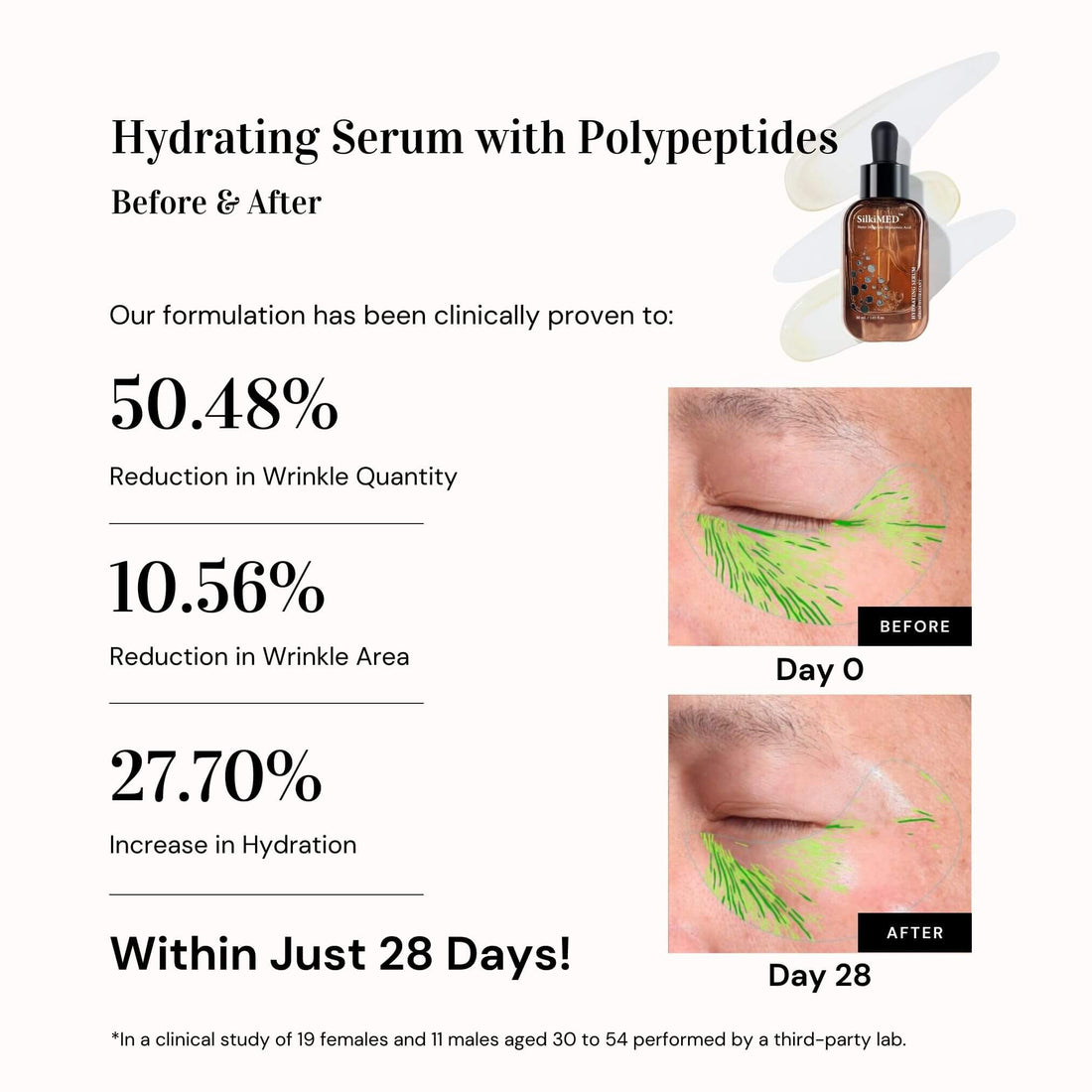 Vendor:Hydrating Serum with Polypeptidessilkimed
Vendor:Hydrating Serum with Polypeptidessilkimed- Regular price
-
$65.00 - Regular price
-
- Sale price
-
$65.00
-
Brightening Hydration Booster (4)
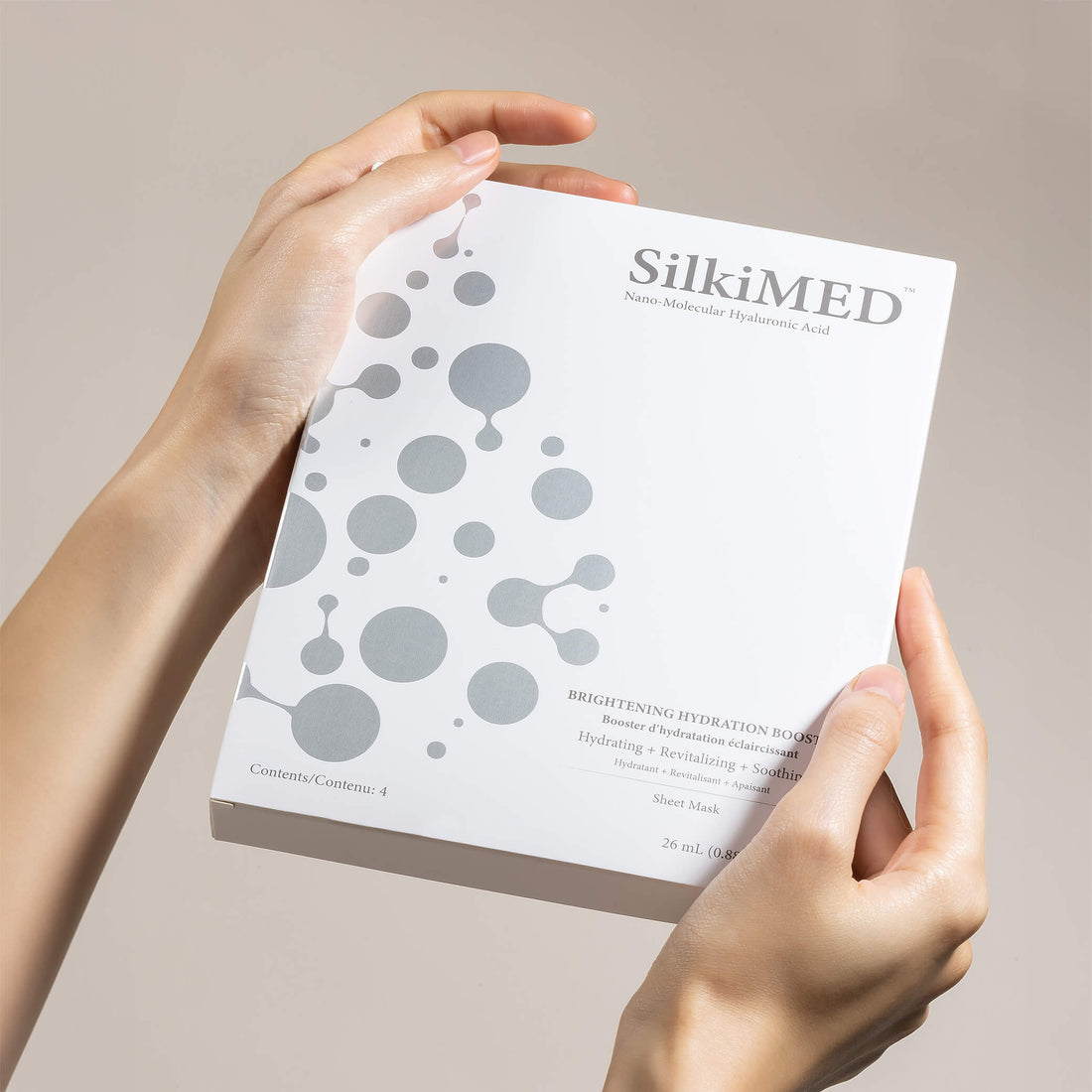
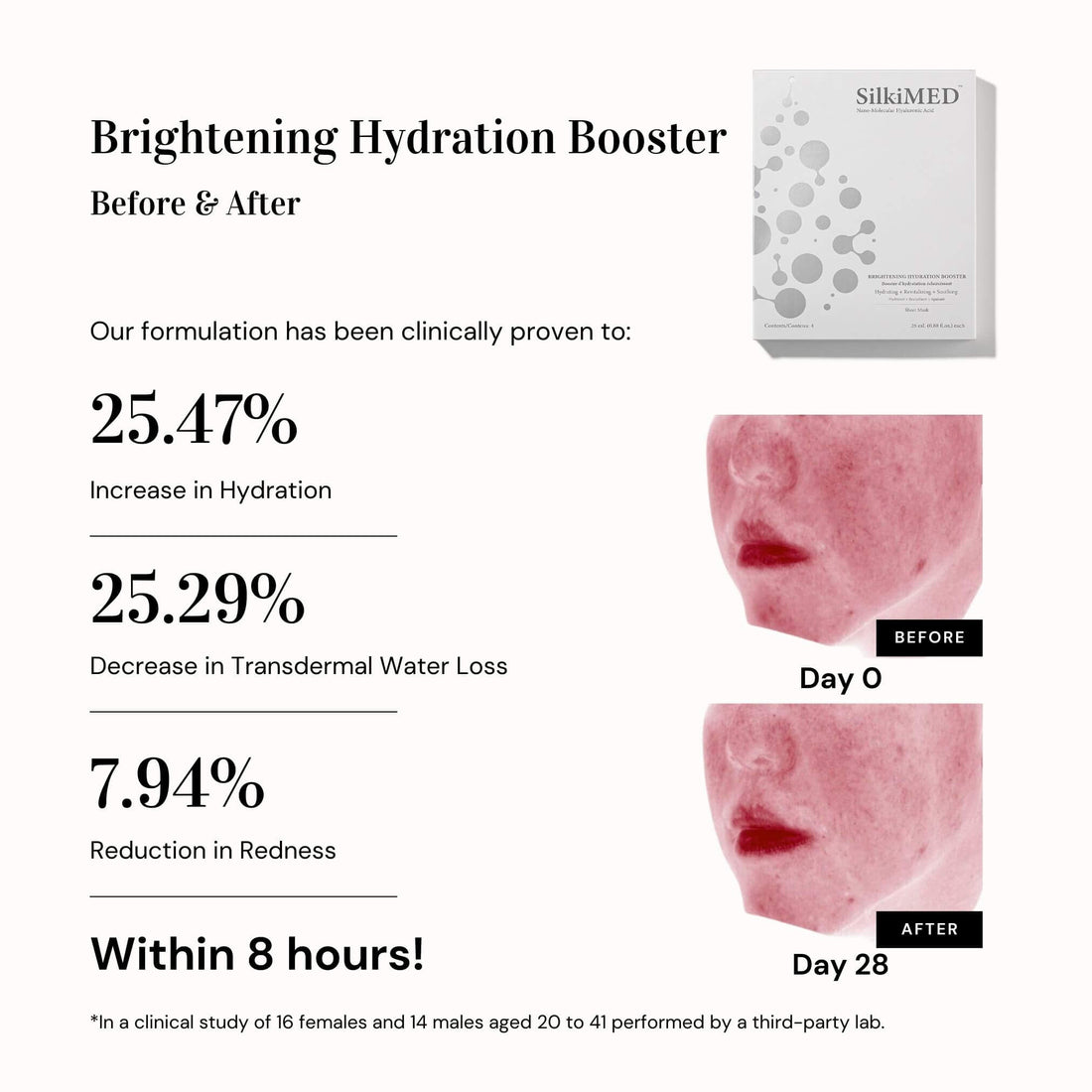 Vendor:Brightening Hydration Booster (4)silkimed
Vendor:Brightening Hydration Booster (4)silkimed- Regular price
-
$28.00 - Regular price
-
- Sale price
-
$28.00
-
OHA Comprehensive Set
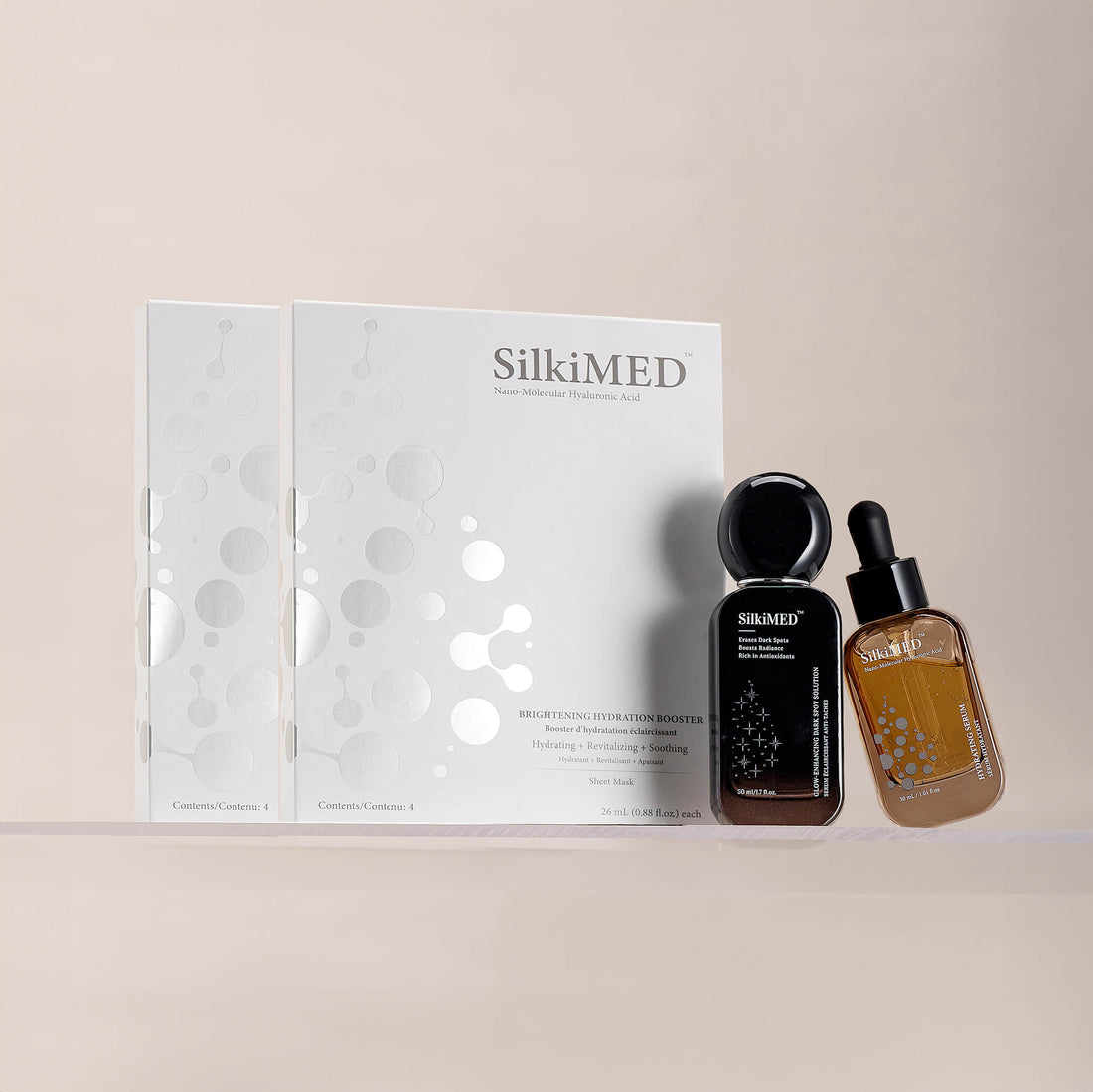
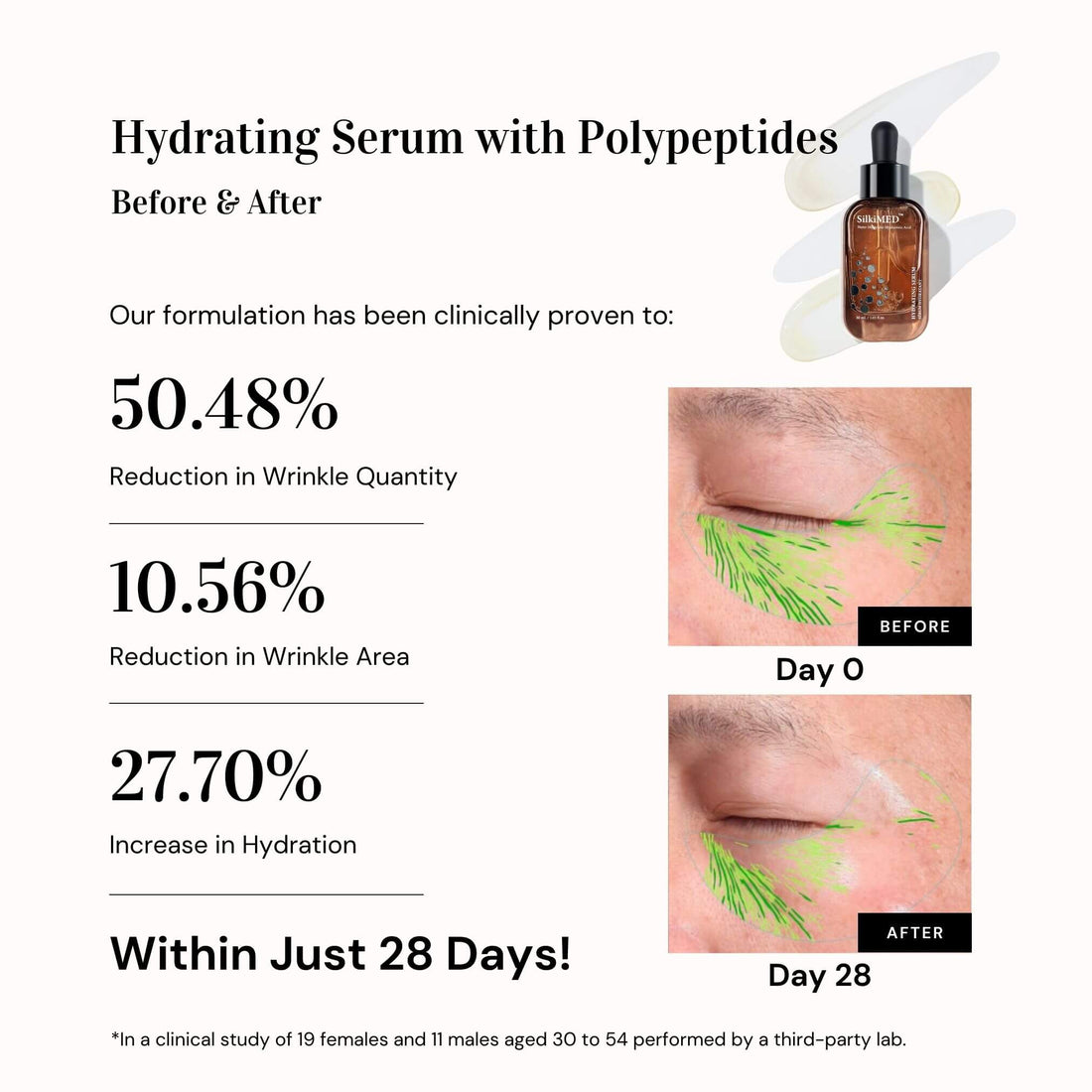 Vendor:OHA Comprehensive Setsilkimed
Vendor:OHA Comprehensive Setsilkimed- Regular price
-
$135.99 - Regular price
-
$195.50 - Sale price
-
$135.99
-
Glow-Enhancing Dark Spot Solution
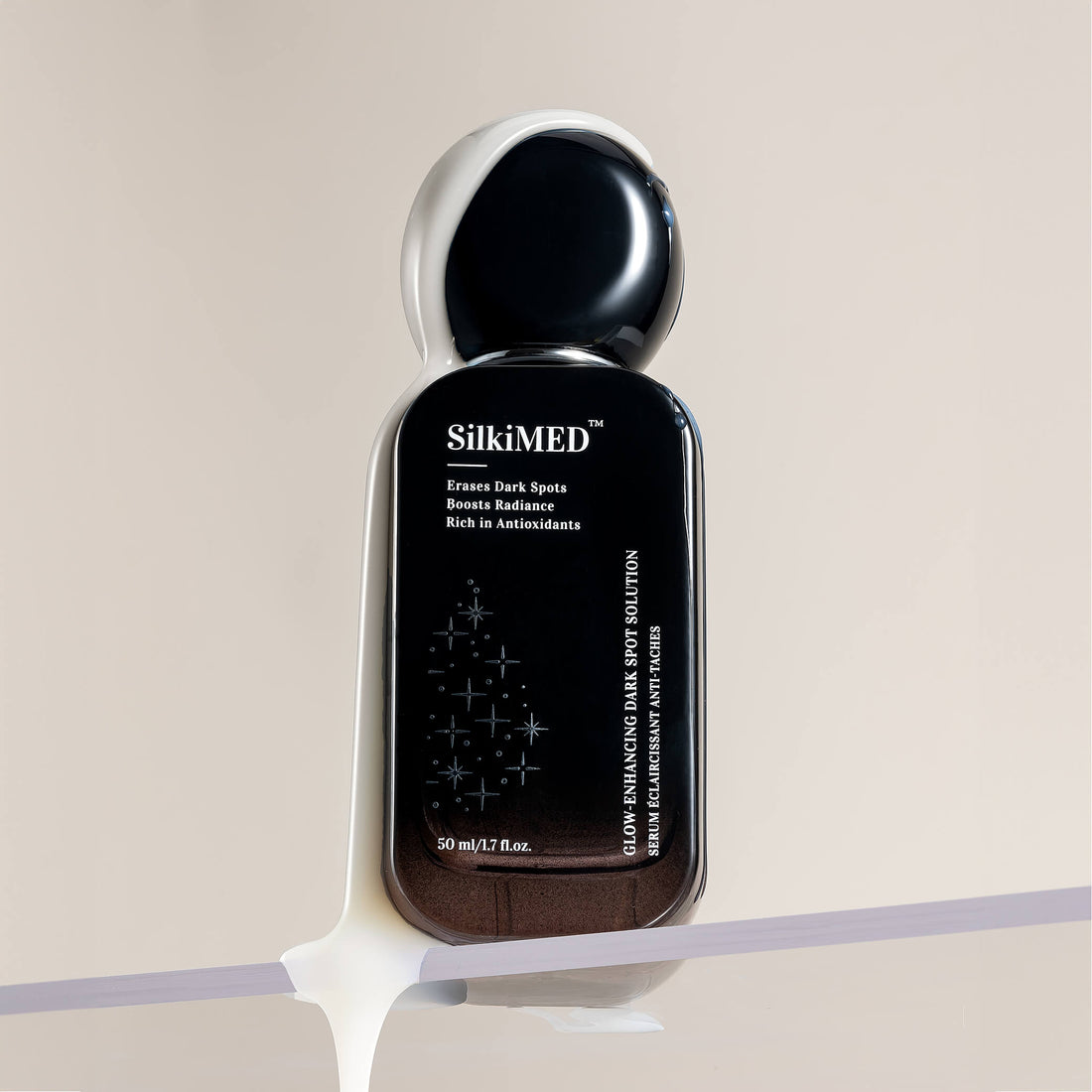
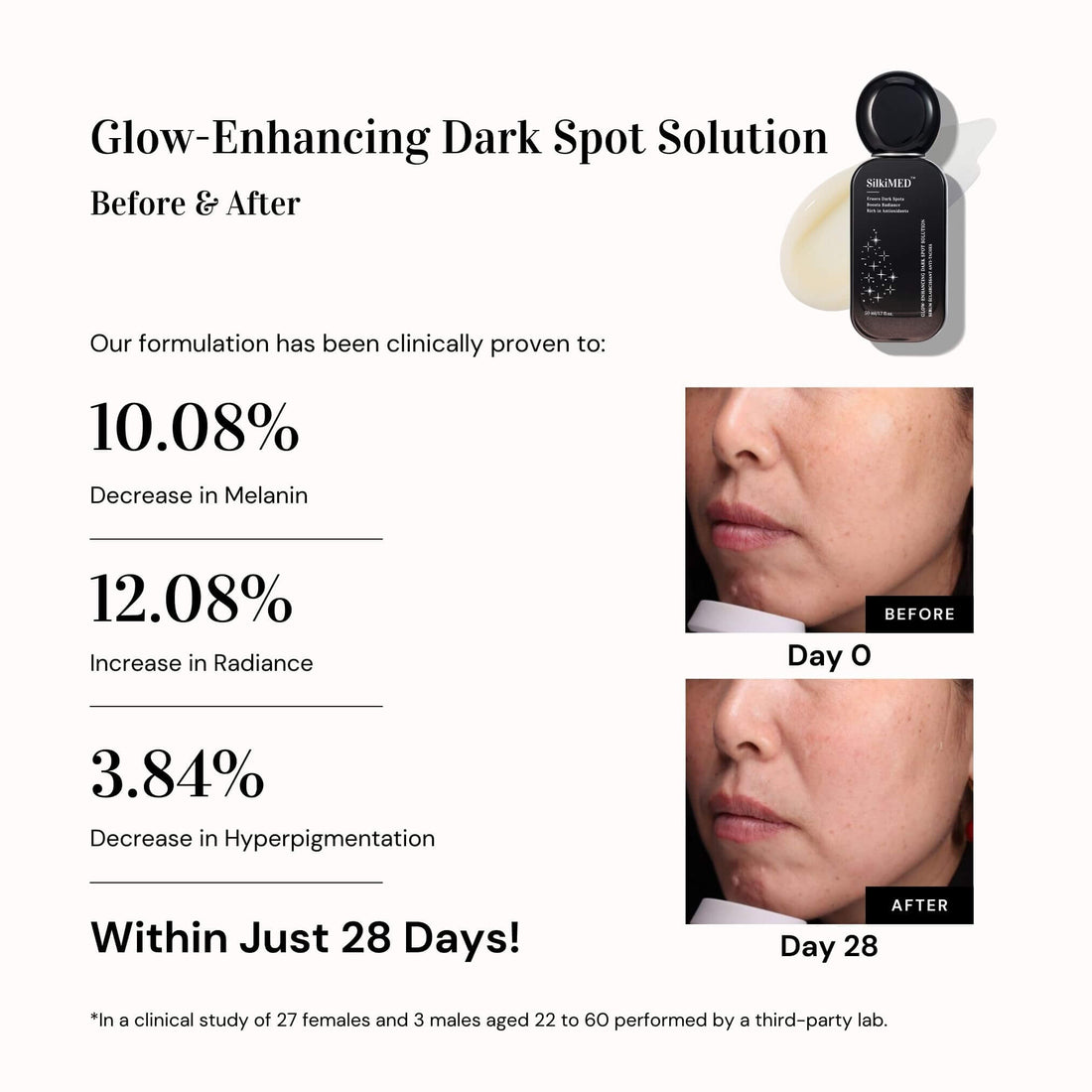 Vendor:Glow-Enhancing Dark Spot Solutionsilkimed
Vendor:Glow-Enhancing Dark Spot Solutionsilkimed- Regular price
-
$74.50 - Regular price
-
- Sale price
-
$74.50
-
Brightening Hydration Booster (1)

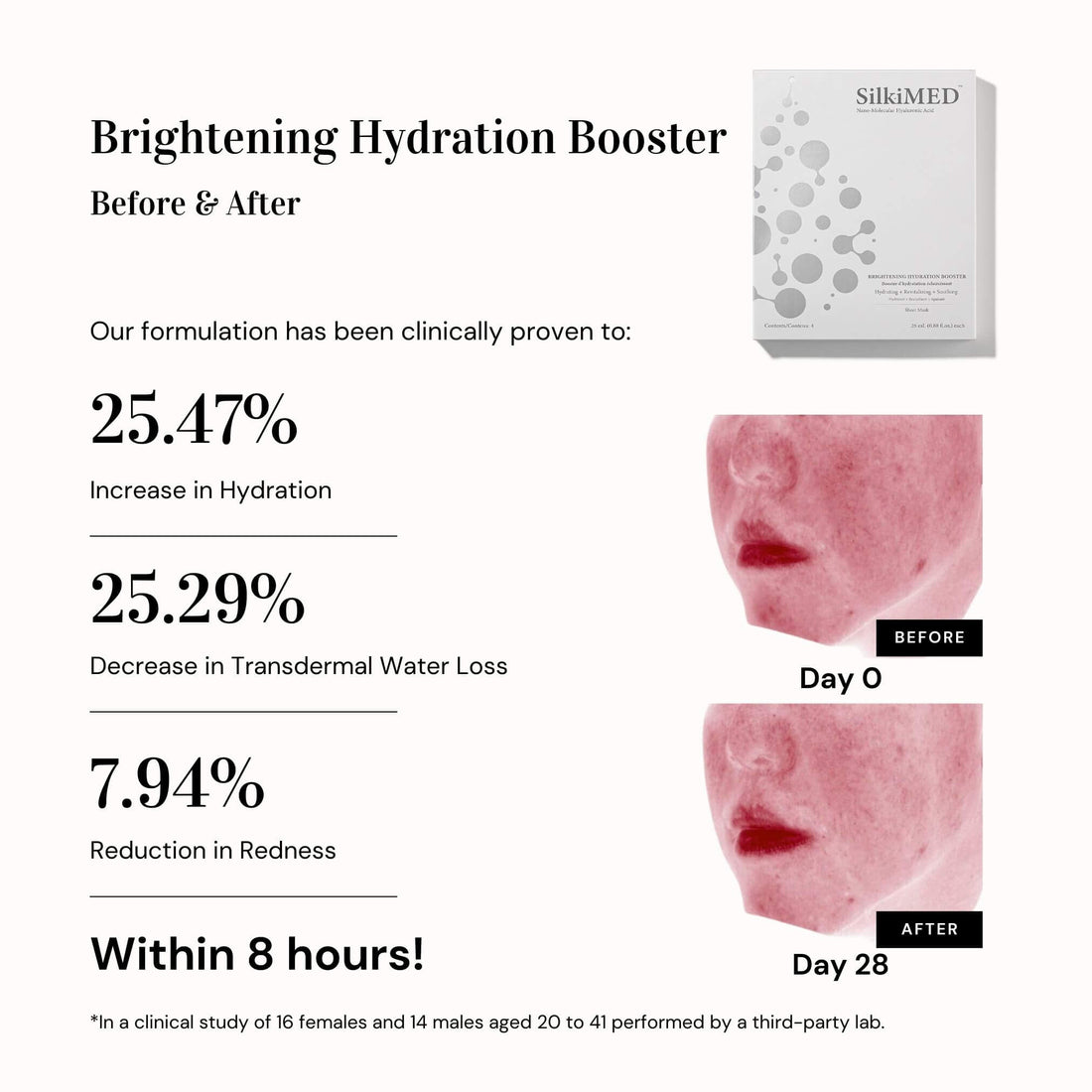 Vendor:Brightening Hydration Booster (1)silkimed
Vendor:Brightening Hydration Booster (1)silkimed- Regular price
-
$9.00 - Regular price
-
- Sale price
-
$9.00
Coming Soon
Your skin is not only a protective barrier but also something that you feel proud of. It affects your overall appearance, so when skin conditions begin to develop, you may feel concerned. Eczema is a common skin condition, but there are ways to effectively manage the symptoms that it causes. In this guide, we’ll look at what you can do about eczema and how to know if you have it.
What is Eczema?
Eczema is a type of skin condition that causes dry patches to develop on your skin. It’s classified as an inflammatory condition and, apart from the dry patches, can also make you feel itchy and develop rashes. In some cases, scaly patches also develop on the skin, and eczema holds a risk of contributing to skin infections. The condition is also known as atopic dermatitis. You can develop eczema around eyes, on your face, hands, arms, legs, and several other areas.
What Are the Causes & Symptoms of Eczema?
Understanding the causes and how eczema affects you makes it easier to determine why you have it or recognize the early warning signs.
Researchers have found that the condition itself is largely related to a filaggrin gene mutation. This gene plays a role in creating your skin’s barrier. However, researchers are still looking into more specific and direct eczema causes.
Irritants, environmental factors, allergies, and emotional elements have been linked to eczema as potential risks.
How to Prevent Eczema?
Prevention starts with understanding what factors are considered triggers for eczema. Here are some tips that can help you reduce your risk of developing the condition:
- Regularly moisturize your skin, using a moisturizer that doesn’t contain any harsh ingredients.
- Avoid skincare products that contain chemicals like fragrances that can irritate your skin.
- Don’t wear clothing that sits too tight on your skin. Instead, opt for loose-fitting clothes.
- Apart from exterior moisturization, make sure you keep your body hydrated. Drink water regularly throughout the day.
- Stress and emotional problems can also trigger eczema. Find ways to manage your stress more effectively and seek treatment for mental illnesses.
What Are Different Types of Eczema?
Not all eczema conditions are exactly the same. However, it’s also important to be able to distinguish this condition from others, such as by comparing psoriasis vs eczema.
In this section, our goal is to help you understand the eczema types that can develop:
- Atopic dermatitis
- Contact dermatitis
- Dyshidrotic eczema
- Stasis dermatitis
- Neurodermatitis
What Are the Common Symptoms of Eczema?
While it’s important to understand what is eczema, you also have to know more about the symptoms that the condition creates.
Eczema can cause these symptoms to develop:
- Dry skin is a key characteristic of eczema. Sometimes, the skin may also crack due to the dryness.
- The patches of dry skin may seem like a rash and be accompanied by itchiness.
- Your skin can swell up if you have eczema.
- Apart from dry patches, many people notice bumps that are very small. This mostly affects people with darker skin color.
- Your skin becomes thicker in the areas where these patches develop.
Eczema can affect different areas of your body. For example, you may notice eczema on hands at first, but this can start to affect your arms later on.
How to Mitigate Eczema Flare Up?
There are eczema treatment options that your doctor can prescribe. These treatments will usually use pharmaceuticals to reduce the presence of dry patches on your skin.
However, some people may prefer to use a more natural approach when they have an eczema rash.
In this case, a couple of lifestyle changes, along with a gentle skincare routine, can make a big difference. Using the best eczema cream can also help moisturize your skin and prevent the excessive dryness that the condition causes.
Some of these strategies include:
- Apply a good moisturizer to your skin twice daily.
- Do not scratch your skin, as that’s just going to make things worse.
- Use a gentle cleanser and lukewarm water when you wash your skin
- Eat a healthy diet and aim to avoid food that may trigger eczema flare-ups.
Best Ingredients That Work to Mitigate Eczema
You’ll find many products that claim to help with problems like eczema. However, it’s important that you take a closer look at the ingredients in these products. Let’s take a look at a couple of ingredients that are great for people with various eczema types:
- Hyaluronic acid: A naturally occurring ingredient that helps to improve skin hydration. SilkiMED has gone the extra mile with this ingredient, creating Sodium Hyaluronate, a form of hyaluronic acid that absorbs more easily into your skin. A great example of a product using this ingredient is the Hydrating Serum from SilkiMED.
-
Niacinamide: This is another studied and proven ingredient that is excellent for eczema. In one study, researchers used an emollient with niacinamide and saw significant improvements in eczema symptoms. The Glow-Enhancing Dark Spot Solution from SilkiMED is a great choice if you’re looking for a product with niacinamide.
What Your Skin Care Routine Should Be to Combat Eczema
A daily skincare routine can be a great way to help you combat eczema. Whether you have eczema on face, your hands, or another part of your body, the first step is to choose the right products. There are a lot of skincare items that may be suitable for eczema, but you need to focus on the gentler options on the market. Here, we will look at the best serum and facial cleanser you can get.
Best Serum for Eczema
The Hydrating Serum with Polypeptides from SilkiMed is one of the best choices if you have face eczema. This serum contains the unique OHA technology from the brand and is especially good at adding more hydration to your skin. It also comes with a range of ingredients that ward off the signs of aging, give you a glowing complexion, and reduce the visibility of dark spots.
Best Facial Cleanser for Eczema
When choosing a cleanser, it’s important to opt for a product that uses gentle ingredients. It should get rid of dead skin cells and debris on your skin but without exposing you to harsh chemicals. Following your cleanser, consider a mask, such as the Brightening Hydration Booster from SilkiMed. This mask is easy to apply and helps not only to hydrate but also leave your skin feeling smoother.
About SilkiMED
Silkimed was created by two people with a passion for clean and trustworthy skincare. Both of these founders had their own issues with skin-related challenges over time and decided to create a brand that offered products without harsh ingredients. SilkiMed is built upon the foundation of trustworthiness, innovation, and eco-consciousness. The company specializes in creating products that are not only clean but also tested and proven to be efficient in doing what they are supposed to do.
FAQ of Eczema
What Are the Don’ts of Eczema?
When you have eczema, it’s important to avoid certain ingredients that could trigger a flare-up or make existing symptoms worse. This includes fragrances, urea, propylene glycol, ethanol, retinoids, and essential oils.
How Long Does Eczema Usually Last?
Eczema is a chronic condition, but the symptoms can come and go. In most cases, a flare-up will last for about a week or two, before they start to improve and fade.
Is Eczema Linked to Anything?
There are several studies that have linked eczema to other conditions. For example, one study linked eczema to mental illness. There are also studies that show stress affects eczema flare-ups, linking the two together.
Should You Wash Skin with Eczema?
Yes, it’s important to wash your skin regularly when you have eczema. However, avoid water that’s too cold or warm. You also have to make sure you use a gentle cleanser on your skin.
Does Eczema Ever Fully Go Away?
Eczema is a chronic condition with no specific cure. This means it never really goes away completely. However, there are treatments that can effectively keep the condition under control.
Is it Better to Keep Eczema Wet or Dry?
Keeping your skin moisturized is an important part of treating eczema. This helps to prevent further dryness, which can contribute to the patches that eczema is known to cause.
What Foods Can Trigger Eczema Flare-Ups?
There are some foods that have been linked to a greater risk of eczema flare-ups. These include milk, eggs, wheat, peanuts, gluten, and sugar.






